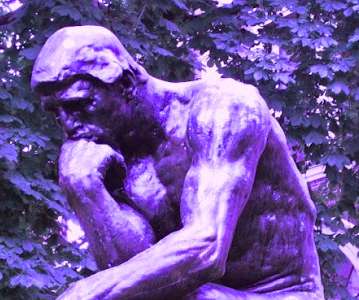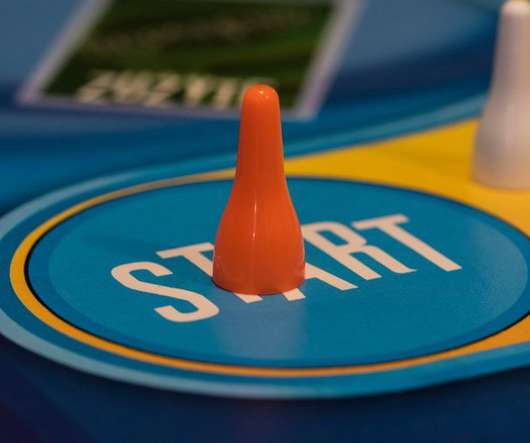Personal learning environments
Learning with e's
APRIL 5, 2020
And so I agreed to write a set of four micro-learning courses (each will take less than an hour to complete) along with a video and a quiz, and some additional reading - all focusing on learning and teaching in the digital age. Posted by Steve Wheeler from Learning with e's. Keep safe, keep well and keep your distance.








































Let's personalize your content